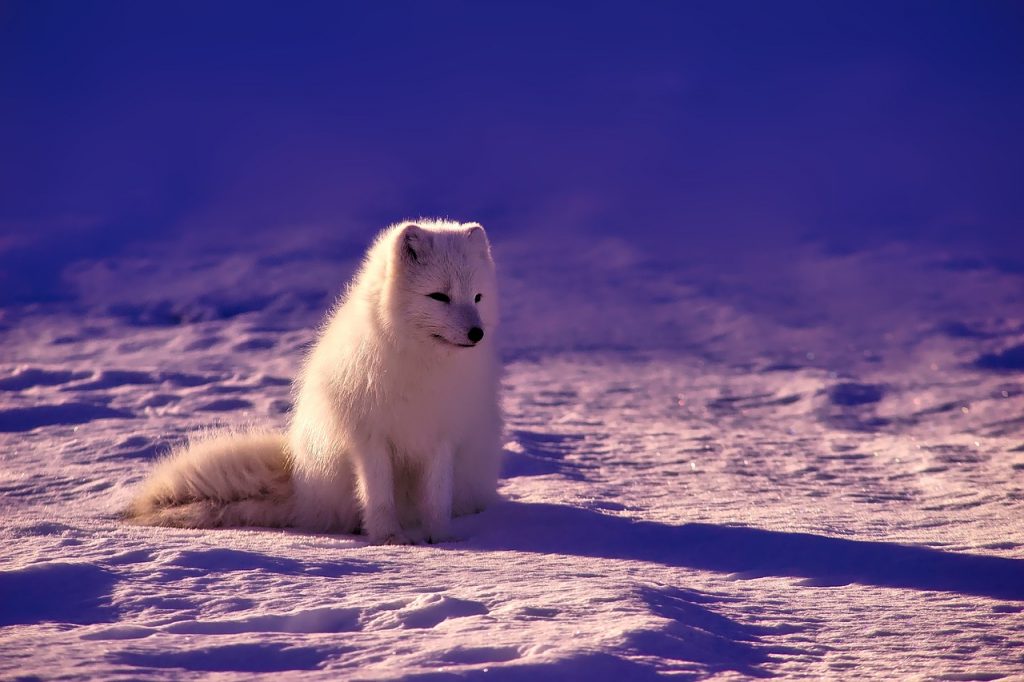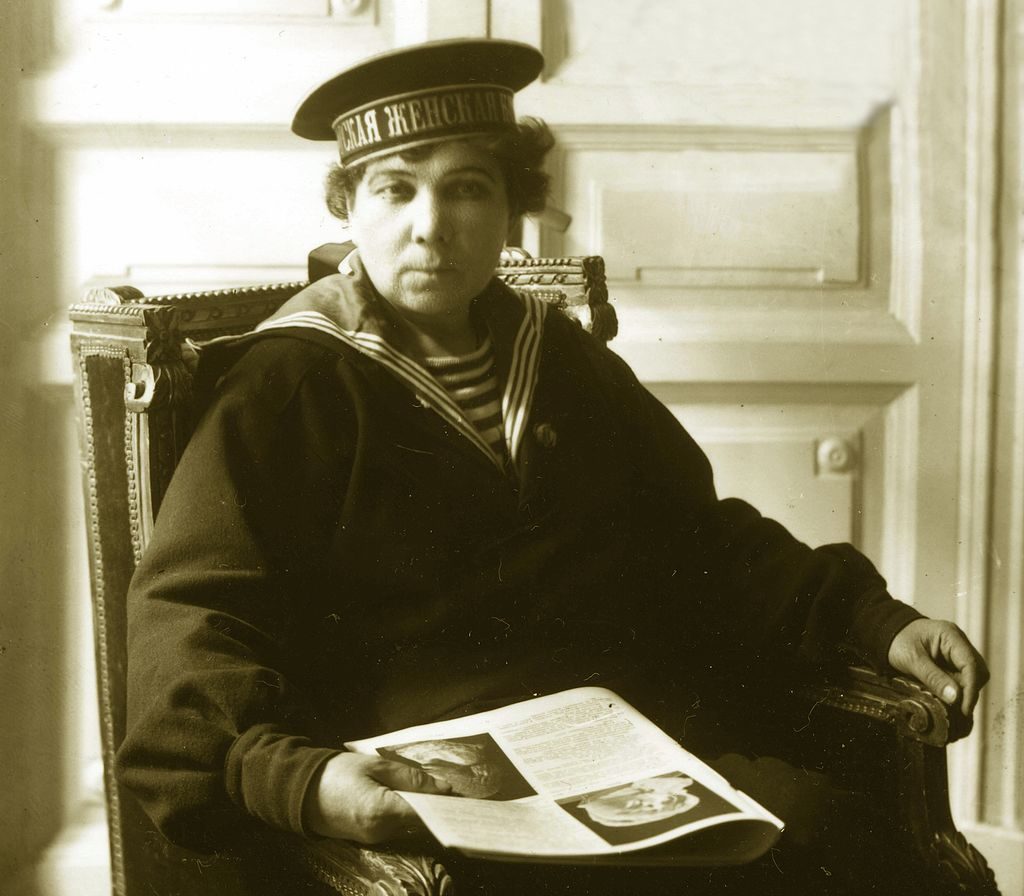3 Myths Most Russians Have Heard About Themselves Posted by Maria on Dec 19, 2017 in when in Russia
There are certain things you hear a lot as a Russian traveling or visiting abroad. Of course, this list is a generalization and summarizes the experience of an average Russian. It does not reflect every person’s experience and is meant to be taken in good fun.
1. “You must be used to the cold”
Russia has a reputation for being a cold place. While parts of Siberia (Сибирь) and the north of Russia (север России) do have a subarctic climate (субарктический климат) with cold winters and short summers, much of Russia has a continental climate (континентальный климат) with colder winters and hot summers, not too dissimilar from Toronto, Boston, Kabul, or Kiev. Temperatures in the 80s and 90s Fahrenheit (20s and 30s Celsius) are not uncommon in July and August.
Moreover, Russians tend to dislike the cold and dress warmly in the cold months, with obligatory hats (шапки) and gloves (перчатки). Buildings are kept warm with the help of centralized heating (центральное отопление), and cold drinks with ice and drafts (сквозняки) are frowned upon. All in all, I would argue that an average Russian is actually less comfortable with the cold than a person living in a similar climate elsewhere.
2. “You don’t look Russian”
Any Russian who does not fit the stereotypical description of a blue-eyed blonde will have heard this comment at some point. As Jenya wrote on this blog before, Russians come from a variety of ancestries, and their looks may differ widely. Moreover, like anywhere, darker eyes and hair are a dominant gene (доминантный ген), and will be seen even in people whose ancestors had stereotypically more “Slavic” features (славянские черты). Considering how delicate the subject of ethnicity is in Russia and how looks and provenance may be used to discriminate against a person, it is best to take the person at their word when they tell you they are Russian.3. “Have you seen a car (a mall, a cinema) before?”
Russia is notorious for its wealth inequality (материальное неравенство). However, if you are talking to a person from a large Russian city, especially one who has come to your country as a tourist, student, researcher, or employee, they will likely have seen and used cars, computers, cell phones, shopping malls, and other perks of modern life before.
The perception of the Russian who has never seen “Western” (западные) goods may come from the (even more) dire economic situation many Russians faced in the late 80s and early 90s. According to the Yale Economic Review, “the country witnessed declines in output, huge shortages and fears of a complete economic and political collapse. … in 1989, the average citizen spent 40 – 68 hours a month standing in line, reflecting the difficulty to acquire even the most basic consumer goods in Russian markets. In April 1991, less than one in 8 respondents to an opinion poll said that they had recently seen meat in state stores, and less than one in 12 had seen butter.”
However, the standard of living (уровень жизни) did go up a bit in the 2000s, so those Russians currently traveling abroad are likely to be somewhat more well-to-do and worldly. In the end, showing proof of sufficient assets at home is often a requirement for getting a visa to go to the US or EU.
What other common misconceptions have you heard about Russians? Have you said any of these? Do you perhaps find any of them to be true?

Build vocabulary, practice pronunciation, and more with Transparent Language Online. Available anytime, anywhere, on any device.







Comments:
TW Carl:
Maria,
I love your work.
Thank you,
TW Carl
Slav master:
Technically when we ask for a Russian person we ask someone who is Slavic. Nationality and ethnicity are usually tied together. Unless someone who is part of the country, say Chechnya, can be technically russian but not only nationality wise.
You are correct though on blue eyes and blonde hair not needing to be the norm. Slavic people have a variety of different colors